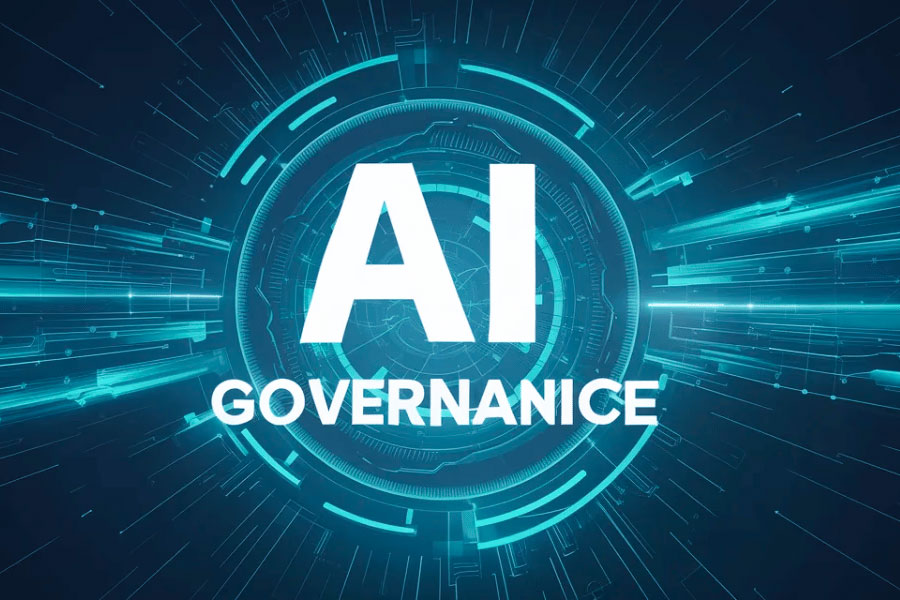AI Program Management
AI Program Management is critical to the successful implementation and scaling of AI initiatives in organizations. It ensures that AI projects align with organizational goals, adhere to ethical and compliance standards, and deliver measurable value. Below are key reasons why AI Program Management is important:
Strategic Alignment
AI projects must support the overall mission and objectives of the organization:
- Goal Setting: AI Program Management ensures that projects address specific business needs, such as improving efficiency, enhancing customer experience, or enabling innovation.
- Prioritization: It helps allocate resources to the most impactful initiatives, avoiding wasted effort on low-value projects.
Effective Resource Management
Managing resources efficiently is essential for AI success:
- Budget Control: AI Program Management ensures that costs remain within budget by tracking expenses and forecasting future needs.
- Talent Allocation: It helps assemble the right team, including data scientists, engineers, and domain experts, and allocates their time effectively.
Technology Utilization: AI Program Managers oversee the procurement and deployment of tools and infrastructure, such as cloud services and AI frameworks.
Risk Mitigation
AI projects carry unique risks, such as biases, security vulnerabilities, and performance issues:
- Ethical Oversight: Program management ensures AI systems adhere to ethical guidelines, such as fairness, transparency, and accountability.
- Compliance Management: It guarantees adherence to data privacy laws, industry regulations, and corporate policies.
Failure Prevention: AI Program Managers identify risks early, establish mitigation plans, and implement contingency strategies to avoid project failures.
Cross-Functional Coordination
AI projects often involve collaboration between diverse teams:
- Bridging Gaps: AI Program Management facilitates communication between technical teams (e.g., data scientists) and non-technical stakeholders (e.g., executives, marketing teams).
- Stakeholder Management: It ensures that all stakeholders understand project goals, progress, and outcomes.
Cultural Integration: By fostering an AI-aware culture, program management encourages adoption and support across the organization.
Scalability and Sustainability
AI solutions must be designed for scalability and long-term viability:
- Scalable Frameworks: AI Program Managers ensure that solutions can handle increasing volumes of data and users.
- Continuous Improvement: They establish feedback loops to refine AI models and processes over time.
Knowledge Transfer: Program management facilitates documentation and training to ensure knowledge is retained and transferable.
Performance Measurement and ROI
AI projects need clear metrics to measure success:
- KPIs and Metrics: AI Program Management defines key performance indicators (KPIs) to assess model accuracy, business impact, and operational efficiency.
- Value Realization: It ensures that AI projects deliver tangible benefits, such as cost savings, revenue growth, or improved customer satisfaction.
- Accountability: Regular reporting and performance reviews ensure transparency and accountability for project outcomes.
Adaptability to Change
AI technology and use cases evolve rapidly:
- Agility: AI Program Management enables organizations to adapt to technological advancements and emerging trends.
- Innovation Pipeline: It supports ongoing exploration of new AI capabilities, fostering innovation while maintaining structured implementation.
Change Management: Program managers help organizations navigate the cultural and operational changes that often accompany AI adoption.
Governance and Compliance
AI Program Management is vital for maintaining governance and meeting regulatory requirements:
- Ethical AI Development: Ensuring AI systems are built and deployed responsibly.
- Audit Trails: Program managers document decisions, processes, and outcomes for compliance and accountability.
- Bias Monitoring: They oversee fairness testing and bias mitigation strategies to align AI systems with ethical and legal standards.
Quality Assurance
Ensuring high-quality AI outcomes requires continuous monitoring and validation:
- Model Validation: Program management enforces rigorous testing of AI models for accuracy, reliability, and robustness.
- Error Management: Identifying and addressing errors early prevents costly rework or flawed decision-making.
- User Feedback: Program managers incorporate feedback from end-users to refine and improve AI solutions.
Fostering Trust and Adoption
Trust is critical for the successful adoption of AI solutions:
- Transparency: AI Program Management ensures stakeholders understand how AI systems function and the reasoning behind their decisions.
- Education: It provides training to users and stakeholders to increase AI literacy.
- Ethical Practices: Trust is fostered by adhering to ethical principles and demonstrating a commitment to responsible AI.
AI Program Management is indispensable for navigating the complexities of AI initiatives, maximizing their value, and ensuring they are deployed responsibly and effectively. It bridges the gap between technological possibilities and practical, strategic implementation, enabling organizations to thrive in an AI-driven world.
recent posts
You may already have a formal Data Governance program in [...]

